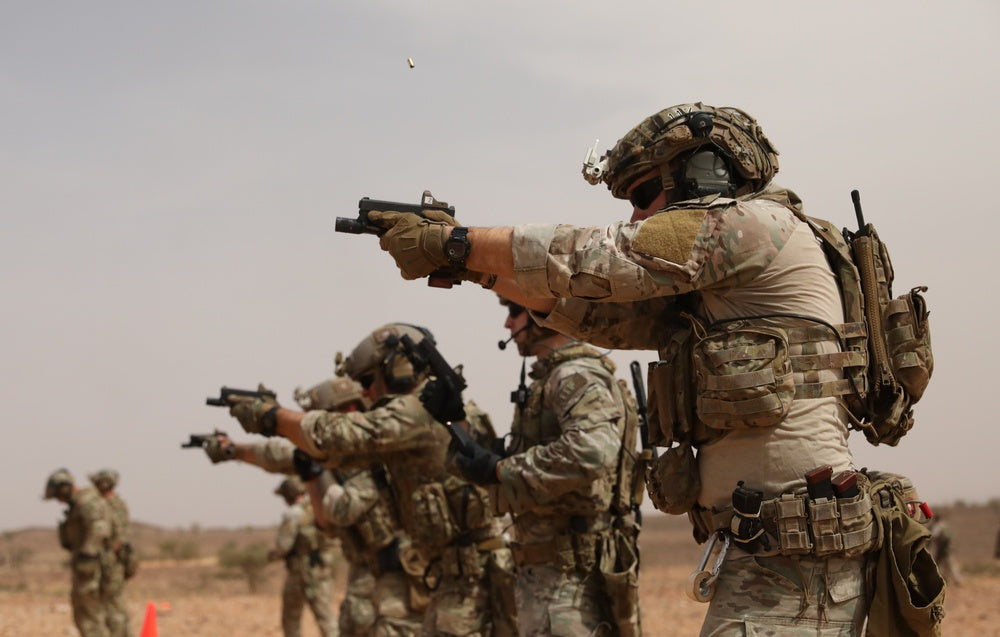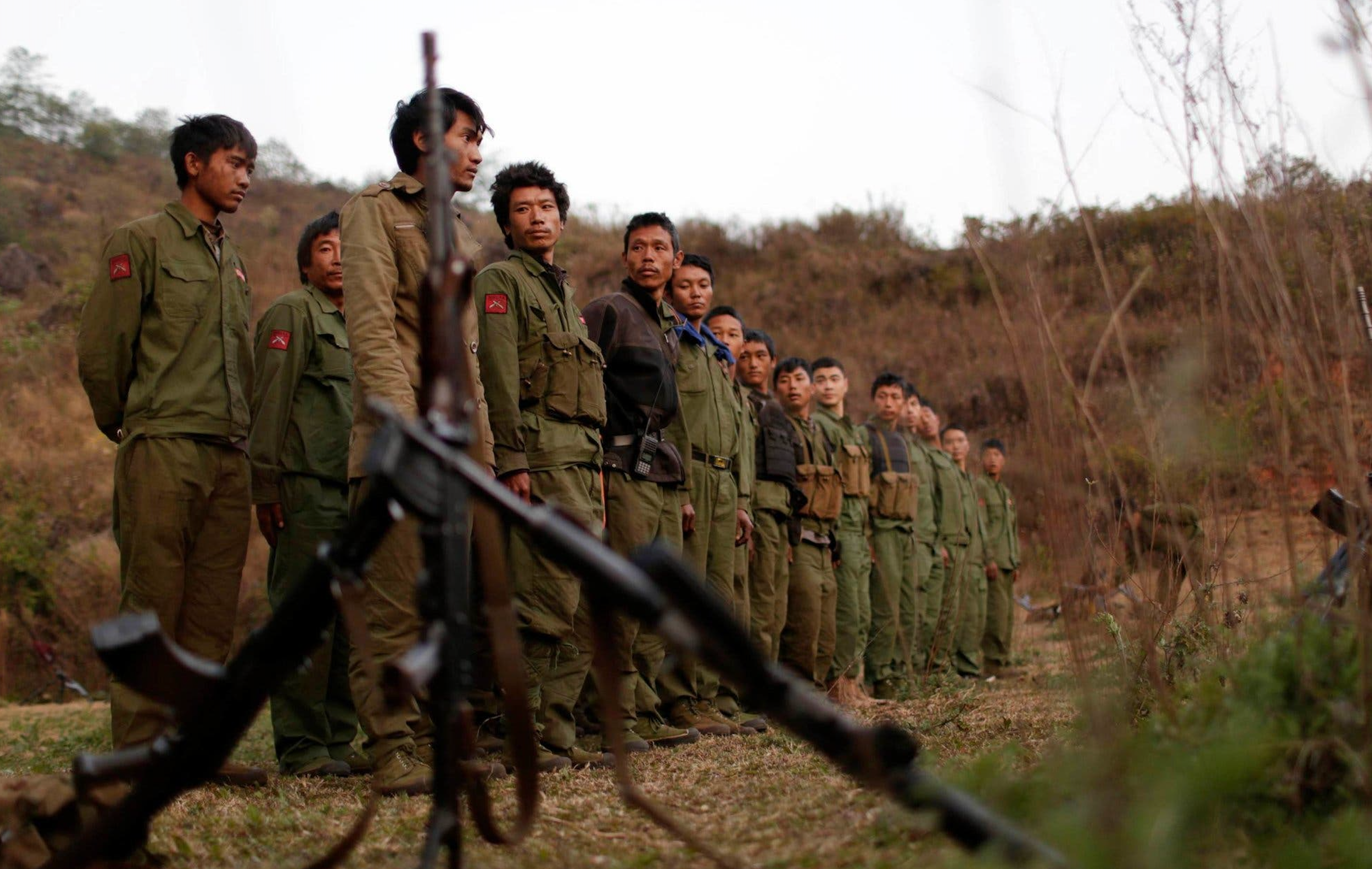
US Senate rejects bid to remove troops from Niger
PHOTO CAPTION: U.S. Army Green Berets conduct shooting drills at a Mauritanian range during Flintlock 2019, Feb. 15, 2019 in Atar, Mauritania, Feb. 15, 2018. (U.S. Army photo by Sgt. Steven Lewis via U.S. Defense Visual Information Distribution Service)
By Patricia Zengerle
WASHINGTON (Reuters) - The U.S. Senate on Thursday overwhelmingly rejected legislation that would have forced President Joe Biden to withdraw U.S. troops from Niger, a West African nation where military officers seized power in July.
The measure was rejected by 86-11.
The United States formally declared this month that there had been a military coup d'etat in Niger, which results in officially suspending assistance, but U.S. officials said there were no plans to change the U.S. troop presence in the country.
Niger has been a partner for Washington's fight against Islamist insurgents who have killed thousands of people and displaced millions more in Africa. There are about 1,000 Department of Defense personnel in the country.
Republican Senator Rand Paul, who sponsored the legislation, argued that the troops were improperly deployed without congressional approval and said Americans should not be at risk of getting caught in the crossfire of a conflict in Niger.
"With the Middle East on fire, what sense does it make to have over 1,000 troops in Niger? Does it make sense to station over 1,000 troops in a country ruled by a military junta?" Paul said in a Senate speech.
Senator Ben Cardin, the Democratic chairman of the Senate Foreign Relations Committee, said that if Americans withdraw it could leave a vacuum that could be filled by Russia or its partner Wagner mercenaries.
"We do not give enough attention to that part of the world. We certainly don't want to signal that we're abandoning that part of the world," Cardin said.
Over the past decade, U.S. troops have trained Nigerien forces in counterterrorism and operated two military bases, including one that conducts drone missions against Islamic State and an Al Qaeda affiliate in the region.
(Reporting by Patricia Zengerle; Editing by Sandra Maler)









